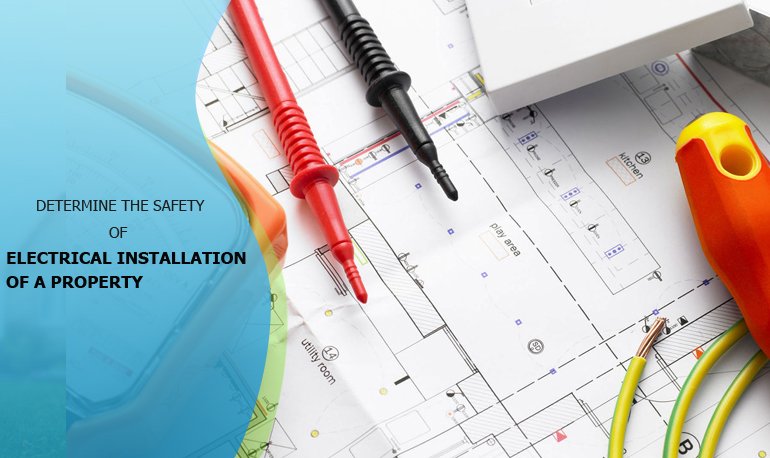Electricity has become an integral part of our life and it hard to imagine getting through the day without its help. It has become such an important part of life that people often forget the dangers that it brings. The faulty electrical work is responsible for a lot of serious injuries and property damage every year. It is the responsibility of homeowners and landlords to ensure that all the electronics and the electrical connections of the property are safe to use.
Eliminating the electrical hazards from the property is not impossible. Here is an electrical safety checklist that can help in determining whether the electrical installation is safe or not.
The Electrical Appliances:
Every house has electrical appliances because they offer comfort and luxury. These appliances have made our life so much easier but if you are not careful then the appliances can become a safety hazard and do more damage than good.
All the appliances in the house should be registered on Register My appliance so that you can stay informed if there are any recalls. Check the casings and covers of the appliances to see if they are damaged or not. If there is any damage then they can become a fire hazard. The faulty appliances can also lead to electrocution. The cables of the appliances should not be damaged or frayed and they should be properly fixed to the plug.
Check The Fuse Boxes:
The fuses should have RCDs fitted on them and test to see if they trip when pressed. The fuse covers should be fitted properly and they should not be damaged. The area around the fuse should not have any flammable items or volatile chemicals. Any item that poses a fire risk like paints, scrap paper or cleaning fluids should be kept away from the Fuseboxes. If there is an even slight problem with the fuse box you should ready to pay the new fuse box installation costs so that you can eliminate the hazard.
The Electrical Fittings:
The light fittings, plugs, sockets, switches, etc. should be properly secured to the ceiling or wall. You should be on the lookout for warning signs like sootiness, scorch marks or yellowing of walls so that you can fix the problem before it gets out of hand and does some serious damage. The cables should be installed carefully so that they are trailing across the floor or leading out of a window or door. Avoid using too many extension cables because they increase the risk of overloading the socket.
Keep Alarm in Working Condition:
The alarms like smoke, fire and CO alarms are a critical part of ensuring electrical safety. These alarms should be fitted on every floor and check their batteries regularly to ensure that they are in working condition. These alarms can alert you in case of an electrical emergency and taking precautionary measures to minimize the damage.
Ensure Maintenance and Repairs:
The electrical system of the property should be inspected every five years. The inspection should be carried out by registered electricians.


